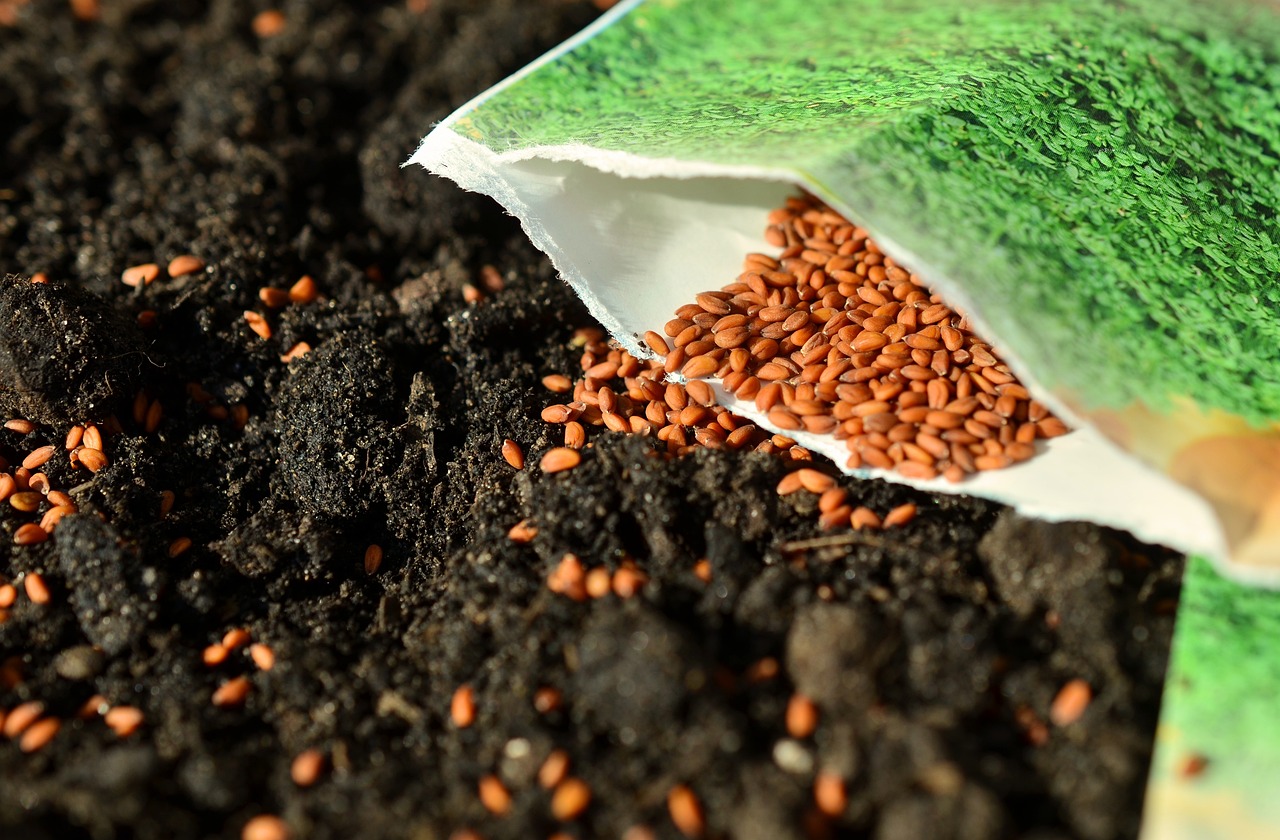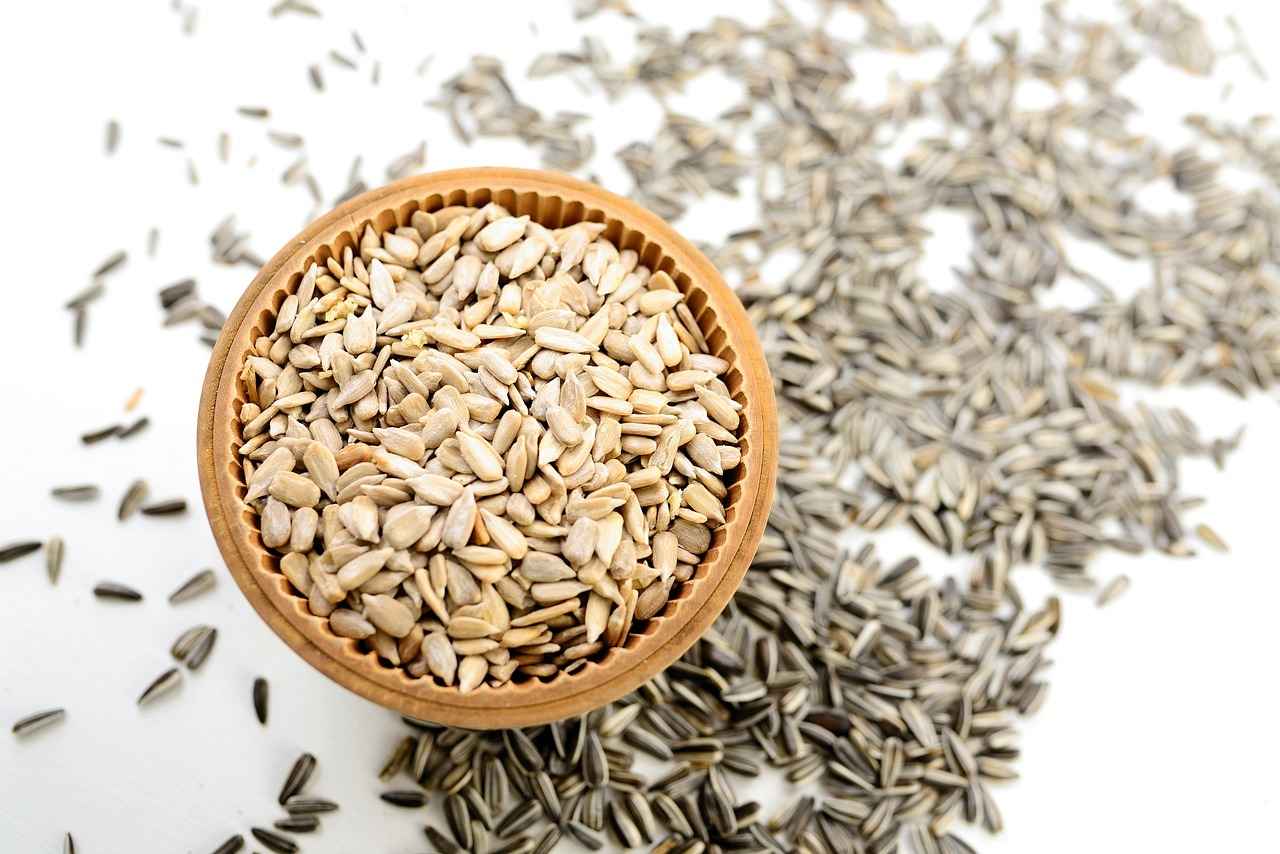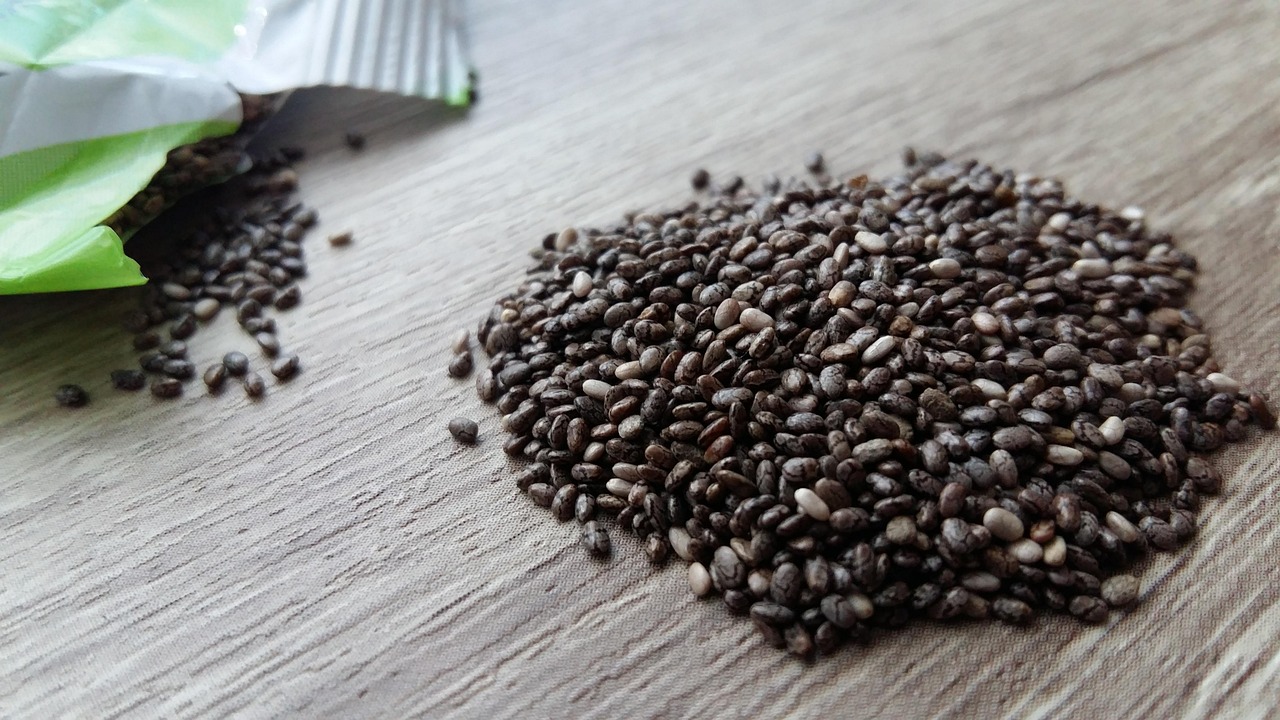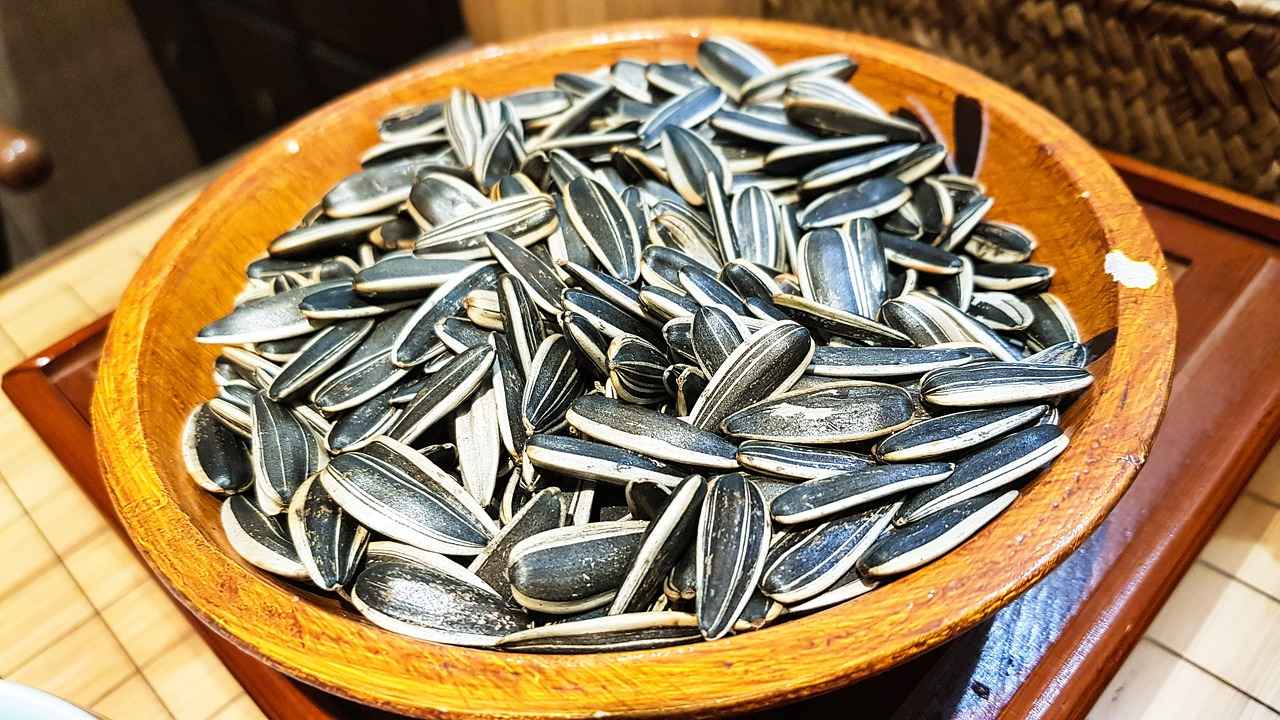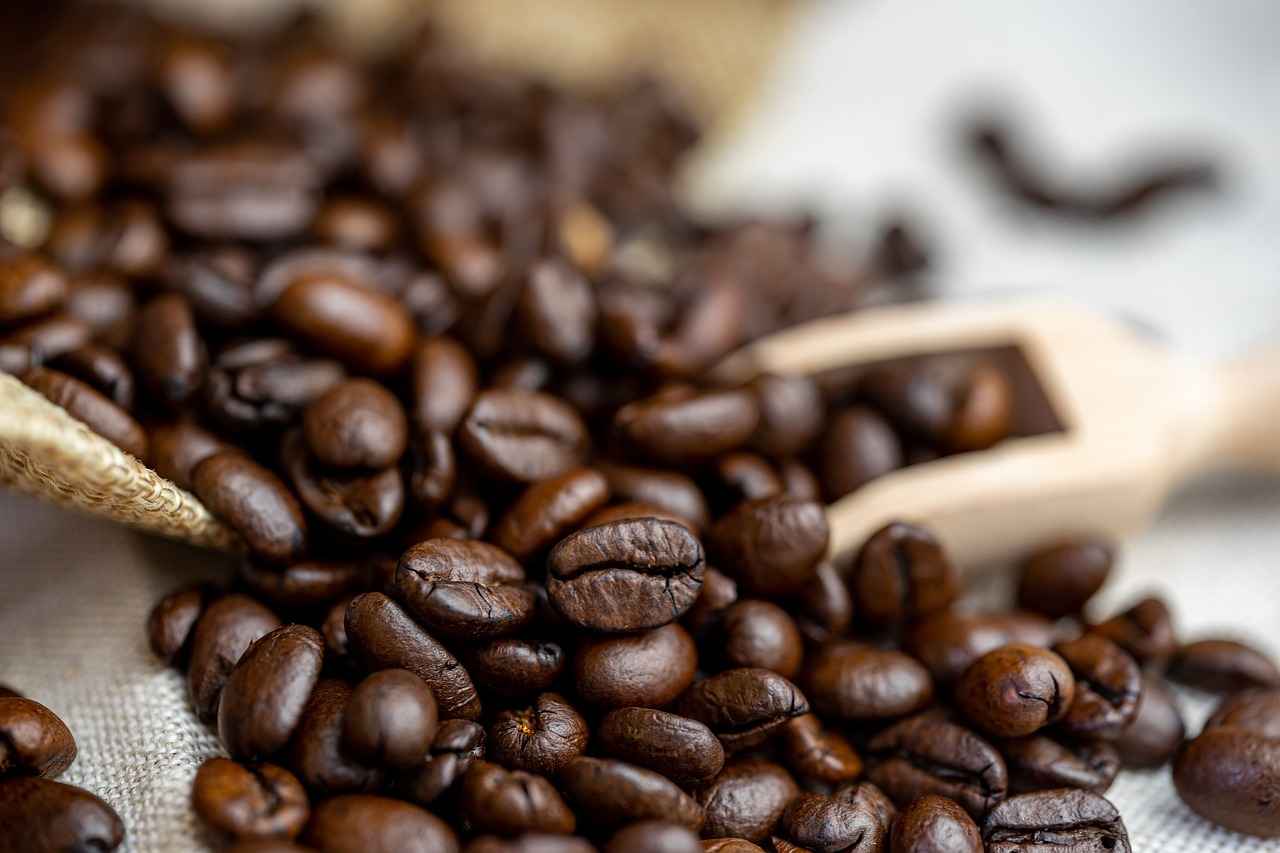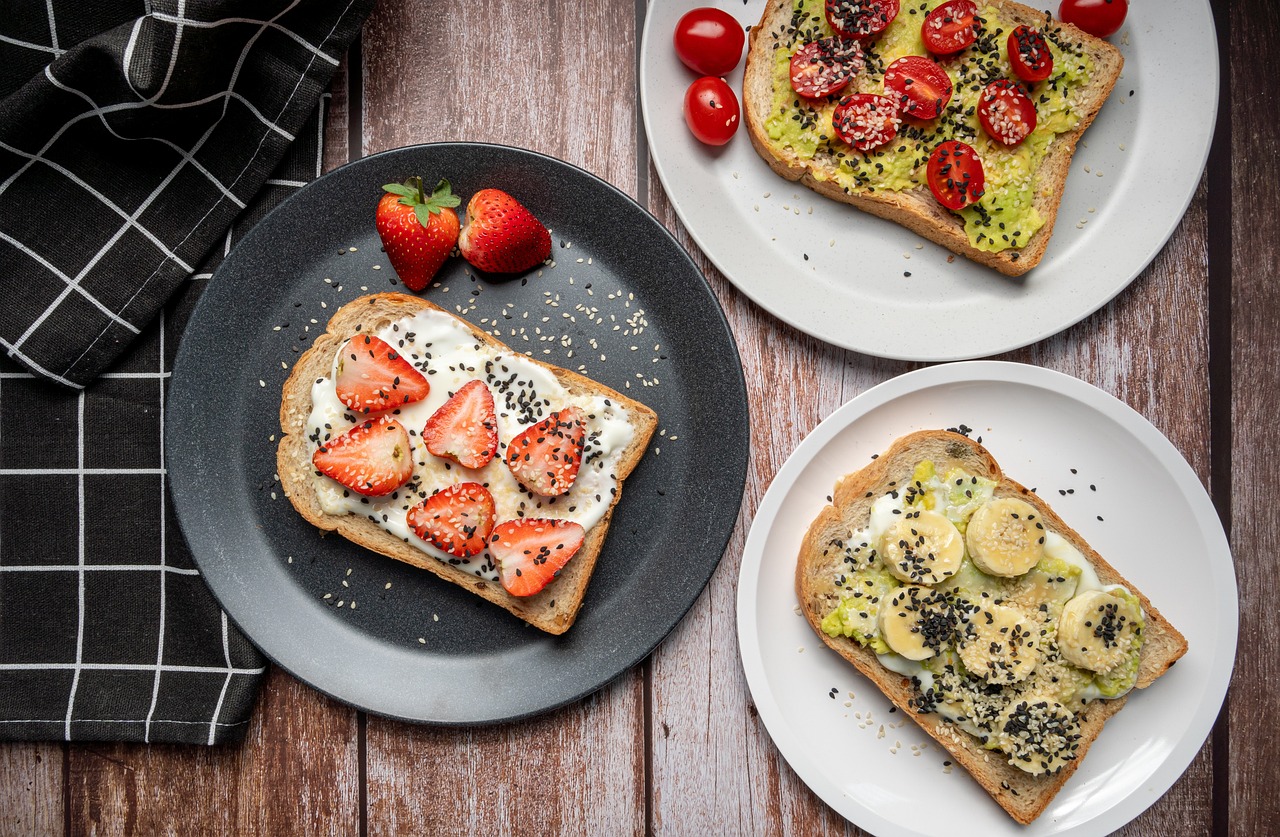This article delves into the effects of chia seeds on digestion, their nutritional benefits, and how they can influence bowel movements, providing a comprehensive understanding of their role in gut health.
What Are Chia Seeds?
Chia seeds are small, black or white seeds from the Salvia hispanica plant, native to Mexico and Guatemala. These tiny seeds are celebrated for their impressive nutritional profile, being rich in fiber, omega-3 fatty acids, and various vitamins and minerals. Their ability to absorb water and swell makes them a unique addition to many diets.
How Do Chia Seeds Affect Digestion?
Due to their high fiber content, chia seeds can significantly impact digestion. When consumed, they absorb liquid and expand, forming a gel-like substance. This process aids in promoting bowel regularity and can help prevent constipation. The soluble fiber found in chia seeds serves as a prebiotic, feeding the beneficial bacteria in the gut, which is essential for overall digestive health.
Are Chia Seeds a Natural Laxative?
Many individuals wonder if chia seeds can act as a natural laxative. The answer lies in their soluble fiber content, which can help promote bowel movements. However, individual responses may vary. Factors such as overall diet and hydration levels can influence how chia seeds affect each person’s digestive system.
What Nutrients Are Found in Chia Seeds?
Chia seeds are a powerhouse of nutrition. A single ounce (about 28 grams) contains:
- 11 grams of fiber
- 4 grams of protein
- 9 grams of fat, primarily healthy omega-3 fatty acids
- Calcium, magnesium, and phosphorus
This nutrient density makes them an excellent addition to a balanced diet, supporting not just digestion but overall wellness.
How to Incorporate Chia Seeds into Your Diet?
Adding chia seeds to your meals is simple and versatile. Here are a few ideas:
- Add them to smoothies for a nutrient boost.
- Mix them into oatmeal or yogurt.
- Use them in baking recipes, such as muffins or energy bars.
These methods not only enhance flavor but also increase the nutritional value of your meals.
What Are the Health Benefits of Chia Seeds?
Chia seeds offer numerous health benefits beyond aiding digestion. Their high fiber content can help regulate blood sugar levels, promote satiety, and contribute to heart health. Additionally, the antioxidants in chia seeds may help combat oxidative stress in the body.
Can Chia Seeds Cause Digestive Issues?
While chia seeds are generally safe for most people, some may experience digestive discomfort, especially if consumed in large quantities or without sufficient water. Symptoms may include bloating or constipation. It’s crucial to increase your intake gradually and ensure adequate hydration.
How Much Chia Seeds Should You Consume Daily?
The recommended daily intake of chia seeds varies, but a common guideline is about 1 to 2 tablespoons. Starting with small amounts and gradually increasing can help assess your body’s tolerance.
What Are Some Recipes Featuring Chia Seeds?
Chia seeds can be used in a variety of delicious recipes:
- Chia Pudding: Soak chia seeds in milk or a milk alternative overnight for a tasty breakfast.
- Energy Bars: Mix with nuts and dried fruit for a nutritious snack.
- Salad Toppings: Sprinkle over salads for added crunch and nutrition.
Are There Alternatives to Chia Seeds for Digestion?
If you’re exploring alternatives to chia seeds, consider options like flaxseeds, psyllium husk, or other high-fiber foods. Each provides unique benefits for digestion and gut health, catering to various dietary preferences.

What Are Chia Seeds?
Chia seeds are small, nutrient-rich seeds that come from the Salvia hispanica plant, native to Central and South America. These seeds have gained immense popularity as a health food due to their impressive nutritional profile. They are particularly known for being high in fiber, omega-3 fatty acids, and a variety of antioxidants, making them a powerful addition to any diet.
These tiny seeds are often considered a superfood because they are packed with essential nutrients that contribute to overall health. A single ounce (approximately 28 grams) of chia seeds contains about:
| Nutrient | Amount per ounce |
|---|---|
| Calories | 138 |
| Protein | 4.7 grams |
| Fat | 8.6 grams |
| Carbohydrates | 12 grams |
| Fiber | 10.6 grams |
| Calcium | 18% of the Daily Value |
| Magnesium | 30% of the Daily Value |
The high fiber content of chia seeds is particularly noteworthy. They contain both soluble and insoluble fiber, which can enhance digestive health. When chia seeds are mixed with liquid, they absorb water and swell, forming a gel-like consistency. This property can help promote a feeling of fullness, potentially aiding in weight management and preventing overeating.
Additionally, the omega-3 fatty acids found in chia seeds are crucial for heart health. These healthy fats can help reduce inflammation and lower the risk of chronic diseases, such as heart disease and diabetes. Furthermore, chia seeds are an excellent source of antioxidants, which protect the body from oxidative stress and free radical damage.
Incorporating chia seeds into your diet is easy and versatile. They can be added to smoothies, oatmeal, yogurt, and baked goods, enhancing both the nutritional value and flavor of meals. For those looking to increase their fiber intake, chia seeds offer a convenient and effective solution.
In summary, chia seeds are a tiny but mighty superfood. Their rich nutrient profile, combined with their potential health benefits, makes them an excellent choice for anyone looking to improve their overall health and well-being. Whether you are seeking to enhance your digestive health, support heart health, or simply add more nutrients to your diet, chia seeds are a fantastic option to consider.
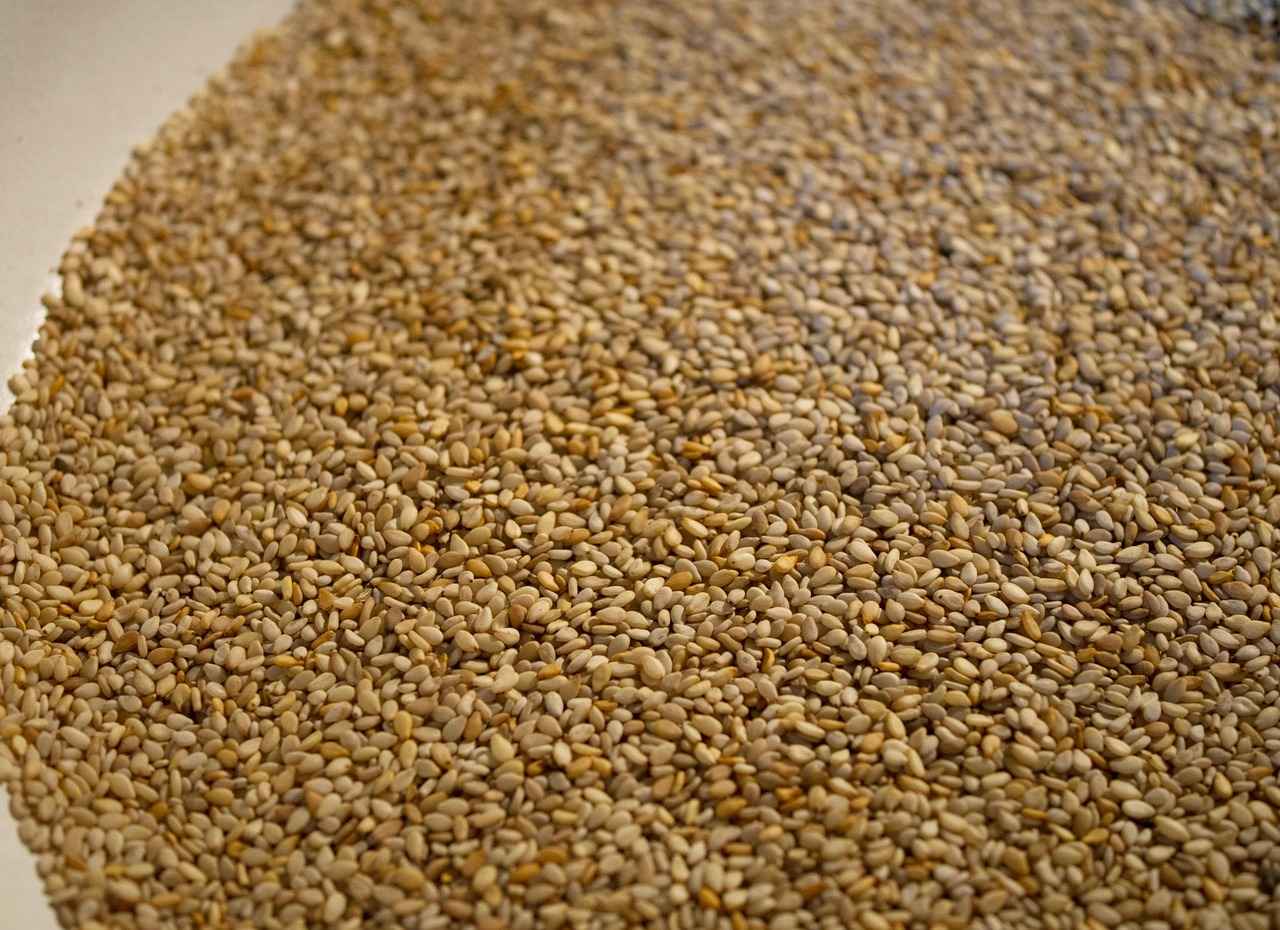
How Do Chia Seeds Affect Digestion?
Chia seeds, often hailed as a superfood, are small but mighty when it comes to their impact on digestion. Their high fiber content is a key player in promoting healthy bowel movements and overall gut health. These tiny seeds can absorb a significant amount of water—up to 12 times their weight—which leads to their unique ability to swell and form a gel-like substance. This gel is not only fascinating but also functional, as it helps to regulate bowel movements and improve digestive efficiency.
When chia seeds are ingested, they travel through the digestive tract and interact with the gastrointestinal system. As they absorb water, they expand, creating a bulkier stool that can facilitate easier passage through the intestines. This process can help prevent constipation and promote regularity, making chia seeds a valuable addition to a digestive-friendly diet.
Moreover, the soluble fiber in chia seeds acts as a prebiotic, feeding the beneficial bacteria in the gut. A healthy gut microbiome is crucial for digestion, as it aids in breaking down food and absorbing nutrients. By supporting these good bacteria, chia seeds contribute to a balanced digestive system, which can enhance overall health and well-being.
It’s important to note that while chia seeds can be beneficial, individual responses may vary. Some people may experience digestive discomfort if they consume chia seeds without adequate hydration. Since these seeds absorb water, they can lead to bloating or constipation if not paired with sufficient fluid intake. Therefore, it is advisable to drink plenty of water when incorporating chia seeds into your diet.
Many individuals wonder if chia seeds can serve as a natural laxative. While they can help promote bowel movements due to their high fiber content, it is essential to understand that their efficacy can depend on various factors, including an individual’s overall diet and hydration levels. For those looking to enhance their digestion, starting with a small amount—such as one tablespoon—can be a wise choice. Gradually increasing the intake allows the body to adjust, minimizing any potential digestive issues.
Incorporating chia seeds into your daily meals is simple and versatile. They can be added to smoothies, sprinkled on salads, mixed into yogurt, or used in baking. This not only boosts the nutritional value of your meals but also provides a satisfying texture. For those who enjoy experimenting in the kitchen, chia pudding is a popular and delicious way to enjoy these seeds. By mixing chia seeds with your choice of milk and letting them sit, you create a creamy, nutrient-dense snack or breakfast option.
In summary, chia seeds can significantly impact digestion due to their high fiber content and unique properties. They promote bowel regularity, support gut health, and can be easily incorporated into various recipes. As with any dietary addition, it’s essential to listen to your body and adjust your intake based on your individual needs and reactions.

Are Chia Seeds a Natural Laxative?
Many health enthusiasts and individuals seeking natural remedies often question, “Are chia seeds a natural laxative?” This inquiry arises from the increasing popularity of chia seeds as a superfood, particularly for those looking to improve their digestive health. Let’s delve into the properties of chia seeds and their potential impact on bowel movements.
Chia seeds are derived from the Salvia hispanica plant and are celebrated for their impressive nutritional profile. They are particularly rich in soluble fiber, which plays a crucial role in digestion. When chia seeds come into contact with liquid, they can absorb up to 10-12 times their weight in water, forming a gel-like substance. This unique property enhances their ability to promote bowel regularity.
The high fiber content in chia seeds acts as a bulking agent in the digestive tract. As they swell, they help to soften stools and facilitate smoother passage through the intestines. This process can potentially alleviate symptoms of constipation for many individuals. However, it’s essential to pair chia seeds with adequate hydration; without sufficient water intake, they may lead to discomfort or bloating.
While many people find chia seeds beneficial for digestion, individual responses can vary significantly. Factors such as overall diet, hydration levels, and individual digestive health play a crucial role in determining how effectively chia seeds can act as a natural laxative. Some individuals may experience immediate benefits, while others might not notice significant changes in their bowel habits.
For those looking to harness the digestive benefits of chia seeds, incorporating them into your daily diet can be simple and enjoyable. Here are some practical suggestions:
- Chia Pudding: Mix chia seeds with your choice of milk or yogurt and let them soak overnight for a delicious breakfast.
- Smoothies: Add a tablespoon of chia seeds to your morning smoothie for an extra boost of fiber.
- Salads: Sprinkle chia seeds on salads for added crunch and nutrition.
- Baked Goods: Incorporate chia seeds into muffins or bread for a healthy twist.
While chia seeds are generally safe for most people, consuming them in excessive amounts without proper hydration can lead to digestive issues. Some individuals may experience bloating, gas, or constipation. It’s advisable to start with small amounts, such as one tablespoon, and gradually increase your intake as your body adjusts.
The recommended daily intake of chia seeds typically ranges from 1 to 2 tablespoons. This amount can provide a sufficient dose of fiber and nutrients without overwhelming your digestive system. Always remember to drink plenty of water when consuming chia seeds to maximize their benefits.
If you find that chia seeds do not suit your digestive needs, there are several alternatives to consider. Options such as flaxseeds, psyllium husk, and other high-fiber foods can also promote digestive health and regularity. Each of these alternatives offers unique benefits and can be incorporated into various meals.
In conclusion, chia seeds can act as a natural laxative for many individuals due to their high soluble fiber content. However, personal experiences may vary based on diet, hydration, and individual digestive health. By understanding how to incorporate chia seeds effectively into your diet, you can enjoy their numerous health benefits while promoting a healthy digestive system.

What Nutrients Are Found in Chia Seeds?
Chia seeds have gained immense popularity in recent years, not just as a trendy superfood, but for their remarkable nutritional profile. These tiny seeds, originating from the Salvia hispanica plant, are a powerhouse of essential nutrients that can significantly contribute to overall health. Let’s delve into the various nutrients found in chia seeds and how they can benefit your body.
Chia seeds are packed with essential nutrients that support numerous bodily functions. Here’s a breakdown of the key components:
- Protein: Chia seeds contain about 4 grams of protein per ounce, making them an excellent source of plant-based protein. This is particularly beneficial for vegetarians and vegans.
- Fiber: One of the standout features of chia seeds is their high fiber content—around 11 grams per ounce. This fiber aids in digestion, helps maintain bowel regularity, and promotes a feeling of fullness, which can assist in weight management.
- Healthy Fats: Chia seeds are rich in omega-3 fatty acids, particularly alpha-linolenic acid (ALA). These healthy fats are crucial for heart health, reducing inflammation, and supporting brain function.
- Vitamins: Chia seeds are a source of several vital vitamins, including B vitamins, which are essential for energy metabolism and overall cellular function.
- Minerals: They also provide important minerals such as calcium, magnesium, and phosphorus, which are necessary for bone health, muscle function, and overall metabolic processes.
- Antioxidants: Chia seeds are loaded with antioxidants, which help protect the body from oxidative stress and inflammation, contributing to better overall health.
Incorporating chia seeds into your diet can be a simple yet effective way to enhance your nutrient intake. Whether you sprinkle them on salads, blend them into smoothies, or mix them into yogurt, the possibilities are endless.
Due to their high fiber content, chia seeds play a significant role in promoting digestive health. When consumed, they absorb water and expand, forming a gel-like consistency. This process can help to:
- Regulate Bowel Movements: The soluble fiber in chia seeds can help to bulk up stool and facilitate smoother bowel movements, potentially alleviating constipation.
- Enhance Gut Health: A healthy digestive system relies on adequate fiber intake, and chia seeds can provide the necessary support to maintain gut flora balance.
While chia seeds are generally safe for most people, it’s important to consume them in moderation. Overconsumption, especially without sufficient hydration, can lead to digestive discomfort, including bloating or constipation. It’s advisable to start with a small amount and gradually increase your intake.
Adding chia seeds to your meals is easy and versatile. Here are some practical ideas:
- Chia Pudding: Combine chia seeds with your choice of milk or a dairy-free alternative, let it sit overnight, and enjoy a nutritious breakfast.
- Smoothies: Blend chia seeds into your favorite smoothie for an added nutrient boost.
- Baking: Include chia seeds in your baking recipes, such as muffins or energy bars, for extra fiber and nutrients.
In summary, chia seeds are a nutrient-dense food that can significantly enhance your diet. With their rich profile of protein, fiber, healthy fats, vitamins, and minerals, they contribute not only to digestive health but also to overall wellness.
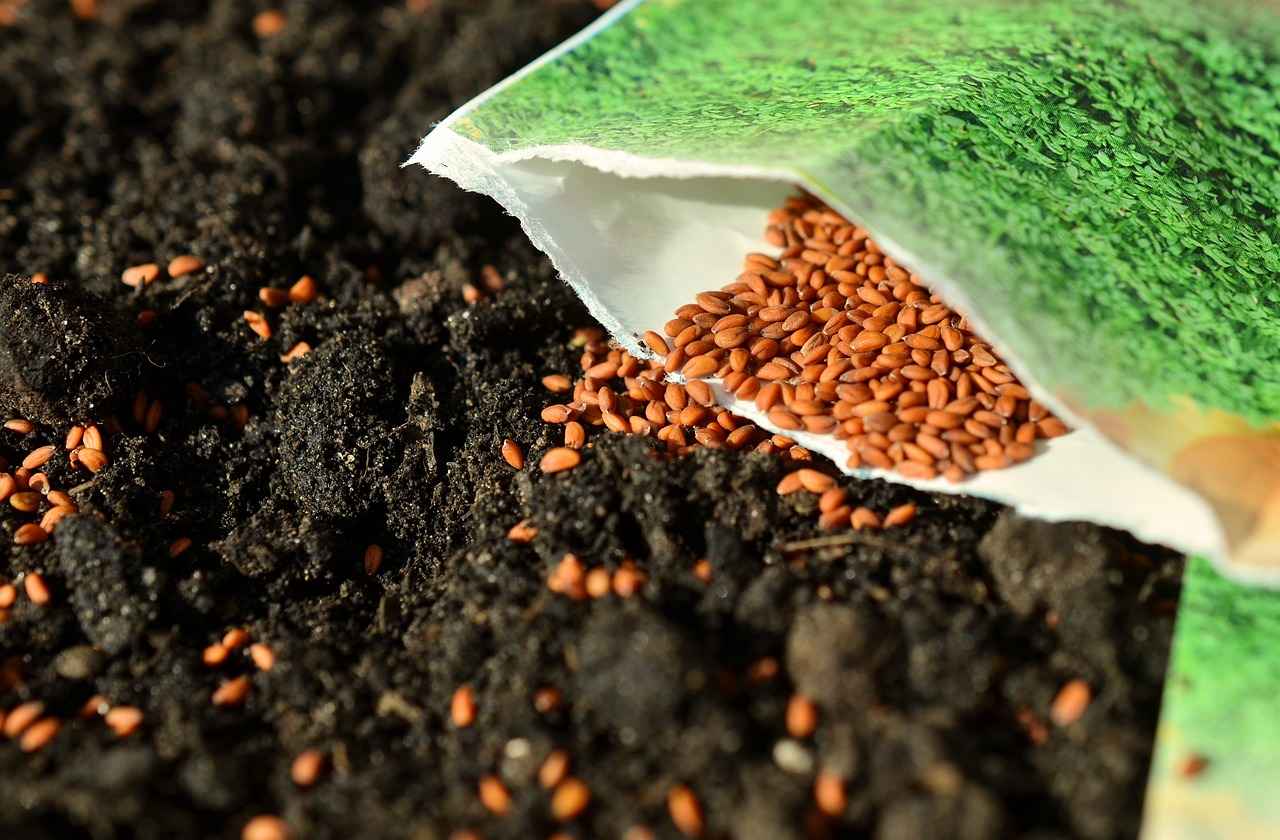
How to Incorporate Chia Seeds into Your Diet?
Incorporating chia seeds into your diet is not only simple but also a delicious way to enhance your meals with essential nutrients. These tiny seeds are incredibly versatile and can be easily added to a variety of dishes, making them a popular choice for health enthusiasts. Below are some effective and creative methods to include chia seeds in your daily meals.
One of the easiest ways to enjoy chia seeds is by blending them into smoothies. Simply add a tablespoon of chia seeds to your favorite smoothie recipe. They will not only boost the nutritional profile but also add a pleasant texture. The seeds will absorb some of the liquid, creating a thicker consistency that can make your smoothie more filling.
Chia seeds can be sprinkled on oatmeal or mixed into yogurt for a nutritious breakfast. They provide a good source of fiber, which can help keep you feeling full for longer. Try adding a tablespoon of chia seeds to your morning bowl of oatmeal, along with fruits and nuts for added flavor and crunch.
Another popular way to enjoy chia seeds is by making chia pudding. Combine chia seeds with your choice of milk (dairy or plant-based), and let the mixture sit for a few hours or overnight. The seeds will absorb the liquid and create a creamy, pudding-like texture. You can sweeten it with honey or maple syrup and top it with fruits, nuts, or granola for a delightful treat.
Chia seeds can also be incorporated into baked goods. Consider adding them to muffins, breads, or pancakes. They can replace eggs in vegan recipes by mixing one tablespoon of chia seeds with three tablespoons of water, allowing it to sit until it forms a gel-like consistency. This not only adds nutritional value but also moisture to your baked goods.
For a crunchy texture in salads, sprinkle chia seeds on top of your favorite greens. They can also be mixed into salad dressings for added thickness and nutrition. The nutty flavor complements a variety of ingredients, making your salads more exciting and satisfying.
Chia seeds can be used to create healthy snacks such as energy bars or granola bites. Combine them with oats, nut butter, and honey to form a mixture, then refrigerate until firm. Cut them into bars for a nutritious snack that’s perfect for on-the-go energy.
Chia seeds can also be added to beverages like lemonade or iced tea. Simply mix a tablespoon of chia seeds into your drink and let it sit for a few minutes. The seeds will swell and create a unique texture, making your drink not only refreshing but also nutritious.
In summary, incorporating chia seeds into your diet is a straightforward and enjoyable process. With their myriad of health benefits and versatility, these tiny seeds can enhance the nutritional value of many meals while adding delightful textures and flavors. Start experimenting with chia seeds today and discover the many delicious ways to enjoy them!

What Are the Health Benefits of Chia Seeds?
Chia seeds have gained immense popularity as a superfood, and for good reason. These tiny seeds are packed with nutrients and offer a plethora of health benefits that can enhance overall well-being. In this section, we will delve into the various health benefits of chia seeds, exploring their impact on digestion, heart health, weight management, and more.
Chia seeds are a powerhouse of nutrients. They are an excellent source of fiber, providing about 10 grams of fiber in just a 28-gram serving. This high fiber content is crucial for digestive health, as it promotes regular bowel movements and helps prevent constipation. Additionally, chia seeds are rich in omega-3 fatty acids, which are known to support heart health by reducing inflammation and lowering cholesterol levels.
The soluble fiber in chia seeds absorbs water, forming a gel-like substance that can help regulate digestion. This gel can slow down the absorption of food, leading to a more gradual release of nutrients into the bloodstream. As a result, chia seeds can assist in regulating blood sugar levels, making them a great addition to the diet for those managing diabetes.
Incorporating chia seeds into your diet can contribute to better heart health. The omega-3 fatty acids found in chia seeds help reduce inflammation and lower blood pressure, which are key factors in preventing heart disease. Moreover, their high fiber content can help lower cholesterol levels, further promoting cardiovascular health.
Chia seeds can be beneficial for those looking to manage their weight. Their high fiber content promotes a feeling of fullness, which can help reduce overall calorie intake. By adding chia seeds to meals, you can increase satiety and curb cravings, making it easier to stick to a healthy eating plan.
Chia seeds are also a great source of essential minerals like calcium, magnesium, and phosphorus, which are vital for maintaining strong bones. Just two tablespoons of chia seeds provide about 18% of the daily recommended intake of calcium, making them a valuable addition to a bone-healthy diet.
Chia seeds are rich in antioxidants, which help combat oxidative stress and inflammation in the body. These antioxidants can protect the body from damage caused by free radicals, contributing to overall health and potentially reducing the risk of chronic diseases.
- Add them to smoothies for a nutrient boost.
- Mix them into yogurt or oatmeal.
- Use them in baking recipes, such as muffins and bread.
- Make chia pudding by soaking them in milk or a dairy-free alternative.
In conclusion, chia seeds are a versatile superfood that offers numerous health benefits. From improving digestive health to supporting heart health and aiding in weight management, these tiny seeds pack a powerful punch. By incorporating chia seeds into your daily diet, you can enjoy not only their nutritional benefits but also their delightful texture and flavor.
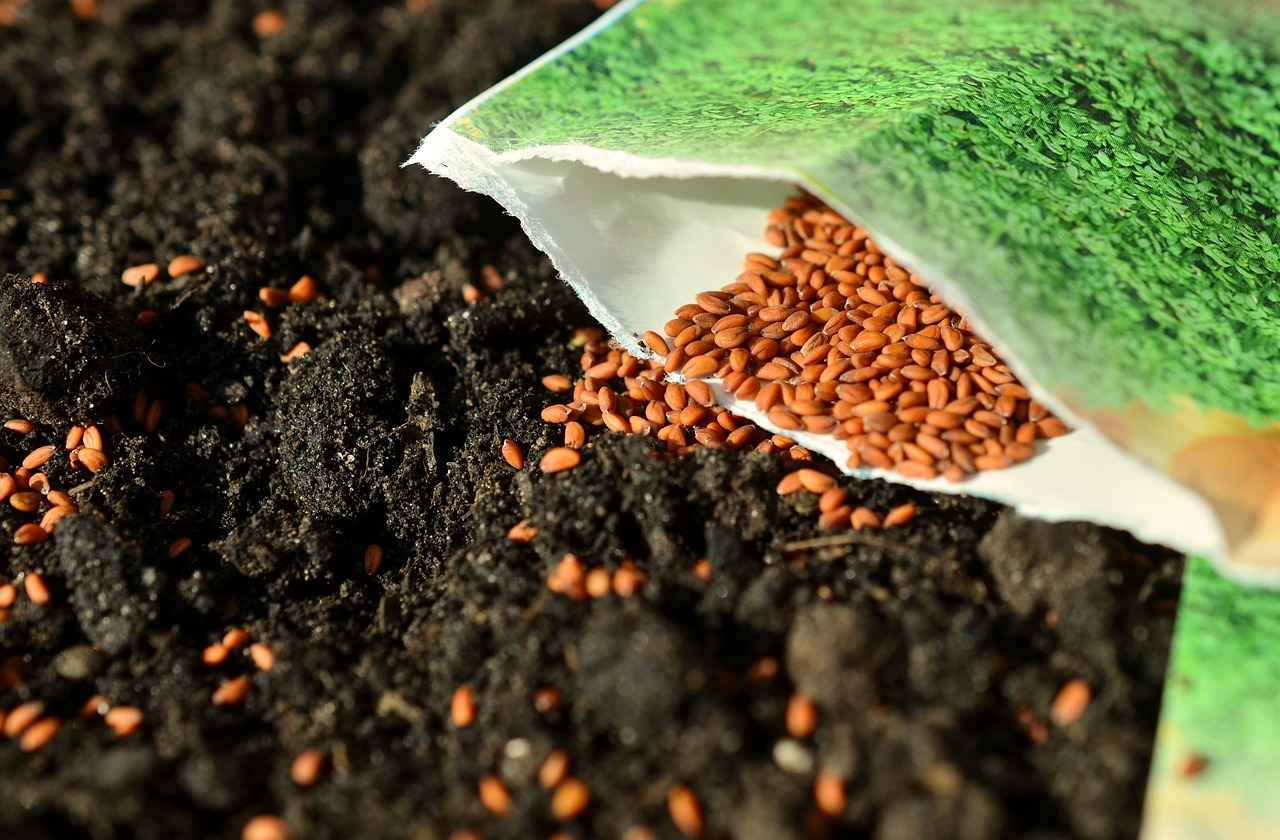
Can Chia Seeds Cause Digestive Issues?
Chia seeds have gained immense popularity in recent years due to their impressive nutritional profile and health benefits. However, as with any food, it is important to consider how they can affect individual health, particularly in terms of digestion. In this section, we will explore whether chia seeds can cause digestive issues, what factors contribute to these problems, and how to mitigate any potential discomfort.
While chia seeds are generally regarded as safe for most individuals, some may experience digestive discomfort after consuming them. This discomfort can manifest in various forms, such as bloating, gas, or constipation. Understanding the reasons behind these issues can help you enjoy chia seeds without adverse effects.
- High Fiber Content: Chia seeds are exceptionally high in fiber, containing about 10 grams of fiber per ounce. While fiber is essential for digestive health, suddenly increasing fiber intake can lead to digestive upset, particularly if the body is not accustomed to it.
- Hydration Levels: Chia seeds absorb a significant amount of water—up to 12 times their weight. If consumed without adequate hydration, they can swell in the digestive tract, potentially causing bloating or discomfort.
- Excessive Consumption: Eating chia seeds in excess can overwhelm the digestive system. The recommended daily intake is around 1 to 2 tablespoons. Exceeding this amount can lead to digestive issues, especially for those with sensitive stomachs.
To enjoy the benefits of chia seeds while minimizing the risk of digestive discomfort, consider the following tips:
- Start Slowly: If you are new to chia seeds, begin with a small amount—perhaps a teaspoon—and gradually increase your intake as your body adjusts.
- Stay Hydrated: Ensure you drink plenty of water when consuming chia seeds. This will help them expand in the stomach and aid in smooth digestion.
- Soak Before Eating: Soaking chia seeds in water or other liquids before consumption can help reduce their ability to absorb water in the digestive tract and may prevent bloating.
While chia seeds are generally safe, certain individuals may need to exercise caution:
- Those with Digestive Disorders: Individuals with conditions such as irritable bowel syndrome (IBS) or other gastrointestinal issues may find that chia seeds exacerbate their symptoms.
- Pregnant or Nursing Women: It’s advisable for pregnant or nursing women to consult with a healthcare provider before incorporating chia seeds into their diet, as digestive changes can occur during this time.
If you experience persistent digestive issues after consuming chia seeds, it may be wise to consult a healthcare professional. They can help determine if chia seeds are suitable for your diet or if there are underlying issues that need to be addressed.
In summary, while chia seeds can offer numerous health benefits, it is essential to be mindful of how they affect your digestion. By understanding their properties and following best practices for consumption, you can enjoy their nutritional advantages while minimizing any potential discomfort.

How Much Chia Seeds Should You Consume Daily?
When considering the incorporation of chia seeds into your diet, understanding the appropriate daily intake is crucial for maximizing their benefits while minimizing potential digestive discomfort. Chia seeds have gained popularity for their numerous health benefits, including their ability to support digestion and overall wellness. However, determining the right amount to consume can vary based on individual needs and dietary habits.
The recommended daily intake of chia seeds generally ranges from 1 to 2 tablespoons (approximately 15 to 30 grams). This amount is often suggested for most adults to achieve the desired health benefits without overwhelming the digestive system. It’s essential to note that starting with a smaller quantity, such as 1 tablespoon, allows your body to adjust to the increased fiber intake.
Chia seeds are rich in soluble fiber, which can absorb significant amounts of water and expand in the digestive tract. This property can promote feelings of fullness and aid in regular bowel movements. However, for those who are not accustomed to high-fiber foods, consuming too much too quickly can lead to digestive discomfort, including bloating or constipation. Therefore, it’s advisable to gradually increase your intake over several days or weeks.
To assess your tolerance, consider the following steps:
- Start Small: Begin with 1 tablespoon of chia seeds per day.
- Monitor Your Body: Pay attention to how your body reacts. Look for signs of bloating, gas, or any discomfort.
- Gradually Increase: If you feel comfortable, gradually increase your intake to 2 tablespoons.
- Stay Hydrated: Ensure you drink plenty of water throughout the day, as chia seeds absorb water and can lead to dehydration if not consumed with adequate fluids.
Individuals with specific dietary restrictions or health conditions, such as diabetes or irritable bowel syndrome (IBS), may need to adjust their chia seed intake accordingly. Consulting with a healthcare provider or a registered dietitian can provide personalized recommendations tailored to your health needs.
Chia seeds are incredibly versatile and can be easily incorporated into various meals. Here are some popular ways to enjoy them:
- Smoothies: Add a tablespoon of chia seeds to your favorite smoothie for a nutrient boost.
- Oatmeal: Stir chia seeds into your morning oatmeal for added fiber and protein.
- Baking: Incorporate chia seeds into baked goods like muffins or breads for enhanced nutrition.
- Chia Pudding: Mix chia seeds with almond milk and let them soak overnight for a delicious pudding.
While chia seeds are generally safe for most people, consuming them in excess can lead to digestive issues. Overeating chia seeds without adequate hydration can cause them to swell in the stomach, potentially leading to blockages or discomfort. It’s crucial to maintain a balanced approach and listen to your body’s signals.
In summary, while the common guideline suggests a daily intake of 1 to 2 tablespoons of chia seeds, starting with smaller amounts and gradually increasing is key to enjoying their benefits without adverse effects. By incorporating these tiny seeds thoughtfully into your diet, you can harness their potential for improved digestion and overall health.
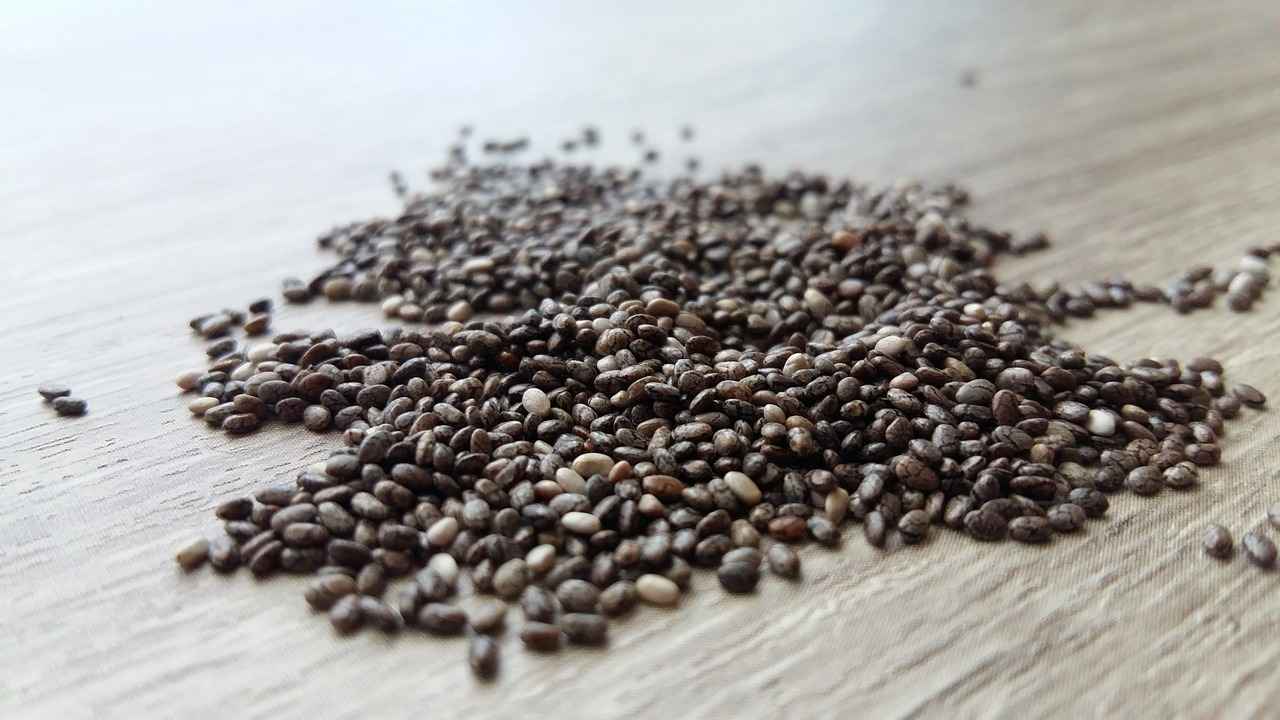
What Are Some Recipes Featuring Chia Seeds?
Chia seeds are an incredibly versatile ingredient that can enhance a variety of dishes, adding both nutritional value and unique texture. Here are some popular recipes that make the most of these tiny powerhouses:
- Chia Pudding: This is perhaps the most well-known way to enjoy chia seeds. Combine 3 tablespoons of chia seeds with 1 cup of your choice of milk (almond, coconut, or dairy) and let it sit for at least 2 hours or overnight in the refrigerator. Sweeten with honey or maple syrup and top with fruits, nuts, or granola for a delicious breakfast or snack.
- Energy Bars: Creating homemade energy bars is simple. Mix 1 cup of oats, 1/4 cup of honey, 1/4 cup of nut butter, and 2 tablespoons of chia seeds. Press the mixture into a lined baking dish, refrigerate until firm, and cut into bars. These are perfect for a quick energy boost on the go!
- Chia Seed Smoothie: For a nutritious smoothie, blend together 1 banana, 1 cup of spinach, 1 tablespoon of chia seeds, and 1 cup of almond milk. This drink is not only refreshing but also packed with vitamins and minerals.
- Chia Seed Jam: Make a healthy jam by mixing 2 cups of mashed fruit (like strawberries or blueberries) with 2 tablespoons of chia seeds and a touch of sweetener. Let it sit for about 30 minutes until it thickens. This jam can be spread on toast or used as a topping for yogurt.
- Chia Seed Salad Dressing: Create a nutritious dressing by whisking together 1/4 cup of olive oil, 2 tablespoons of apple cider vinegar, 1 tablespoon of chia seeds, and your favorite herbs. This dressing not only adds flavor but also boosts the health benefits of your salad.
These recipes demonstrate just how easy it is to incorporate chia seeds into your daily meals. They not only enhance the flavor of your dishes but also provide a nutritious boost to your diet. With their high fiber content and omega-3 fatty acids, chia seeds contribute to overall health, making them an excellent addition to any recipe.
Whether you’re looking for a quick snack, a healthy breakfast, or a flavorful dressing, chia seeds can fit seamlessly into your culinary repertoire. Experiment with these recipes and discover how these tiny seeds can transform your meals!
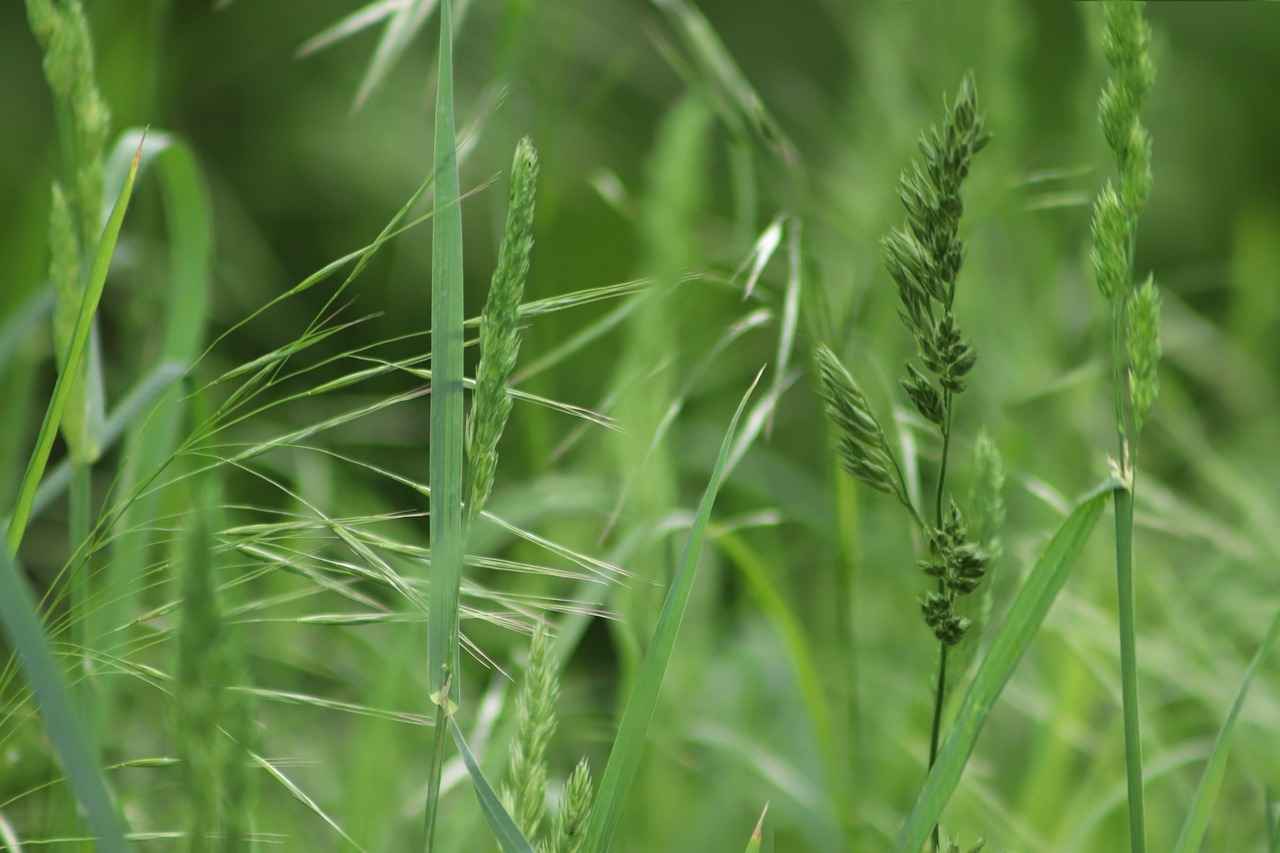
Are There Alternatives to Chia Seeds for Digestion?
If you’re exploring options beyond chia seeds, you’re in luck! There are several alternatives that can enhance your digestion and overall gut health. These alternatives come with their own unique benefits, making them suitable for various dietary preferences. Below, we delve into some of the top alternatives to chia seeds.
Flaxseeds are an excellent substitute for chia seeds. They are rich in omega-3 fatty acids, lignans, and fiber, which can significantly contribute to digestive health. The soluble fiber in flaxseeds helps to maintain bowel regularity and can also aid in relieving constipation. Additionally, flaxseeds contain mucilage, a gel-like substance that forms when they are mixed with water, further promoting digestive health.
Psyllium husk is another fantastic alternative known for its high soluble fiber content. It is often used as a natural laxative and can help regulate bowel movements. When mixed with water, psyllium expands and forms a gel, which helps to bulk up stool and facilitates its passage through the digestive tract. This can be particularly beneficial for individuals suffering from irritable bowel syndrome (IBS) or other digestive disorders.
- Oats: Rich in soluble fiber, oats can help improve digestion and promote a feeling of fullness.
- Quinoa: This gluten-free grain is packed with fiber and protein, making it a nutritious addition to meals.
- Beans and Legumes: These foods are not only high in fiber but also support gut health by acting as prebiotics.
- Fruits and Vegetables: Incorporating a variety of fruits and vegetables can provide essential vitamins, minerals, and fiber.
Integrating these alternatives into your meals is simple and versatile. For example:
- Add flaxseeds to smoothies or sprinkle them over yogurt for a nutritious boost.
- Use psyllium husk in baking as a binding agent or mix it into your morning oatmeal.
- Cook oats as a breakfast staple or use quinoa in salads and side dishes.
- Include a variety of fruits and vegetables in your daily meals to ensure a balanced intake of nutrients.
While these alternatives provide numerous benefits, it’s essential to consider individual dietary needs and preferences. Some people may find certain high-fiber foods easier to digest than others. It’s advisable to start with small amounts and gradually increase intake to allow your digestive system to adjust.
In summary, if you’re seeking alternatives to chia seeds, options like flaxseeds, psyllium husk, and other high-fiber foods can significantly enhance your digestion and gut health. Each option provides unique benefits, enabling you to tailor your diet to your specific health needs and preferences.
Frequently Asked Questions
- Do chia seeds really help with digestion?
Yes, chia seeds can aid digestion due to their high fiber content. When consumed, they absorb water and expand, forming a gel-like substance that can help regulate bowel movements and promote gut health.
- Can I eat chia seeds every day?
Absolutely! Eating chia seeds daily is generally safe and beneficial. A common recommendation is to start with 1 to 2 tablespoons, adjusting as needed based on your body’s response.
- What happens if I eat too many chia seeds?
While chia seeds are nutritious, consuming them in excess can lead to digestive discomfort, such as bloating or constipation. It’s crucial to maintain proper hydration when eating them.
- Are there any side effects of eating chia seeds?
For most people, chia seeds are safe, but some may experience digestive issues if they don’t drink enough water. Moderation is key to enjoying their health benefits without discomfort.
- What are some easy ways to add chia seeds to my diet?
Incorporating chia seeds into your meals is simple! You can sprinkle them on yogurt, mix them into smoothies, or use them in baking. They’re versatile and can enhance the nutritional value of many dishes.




